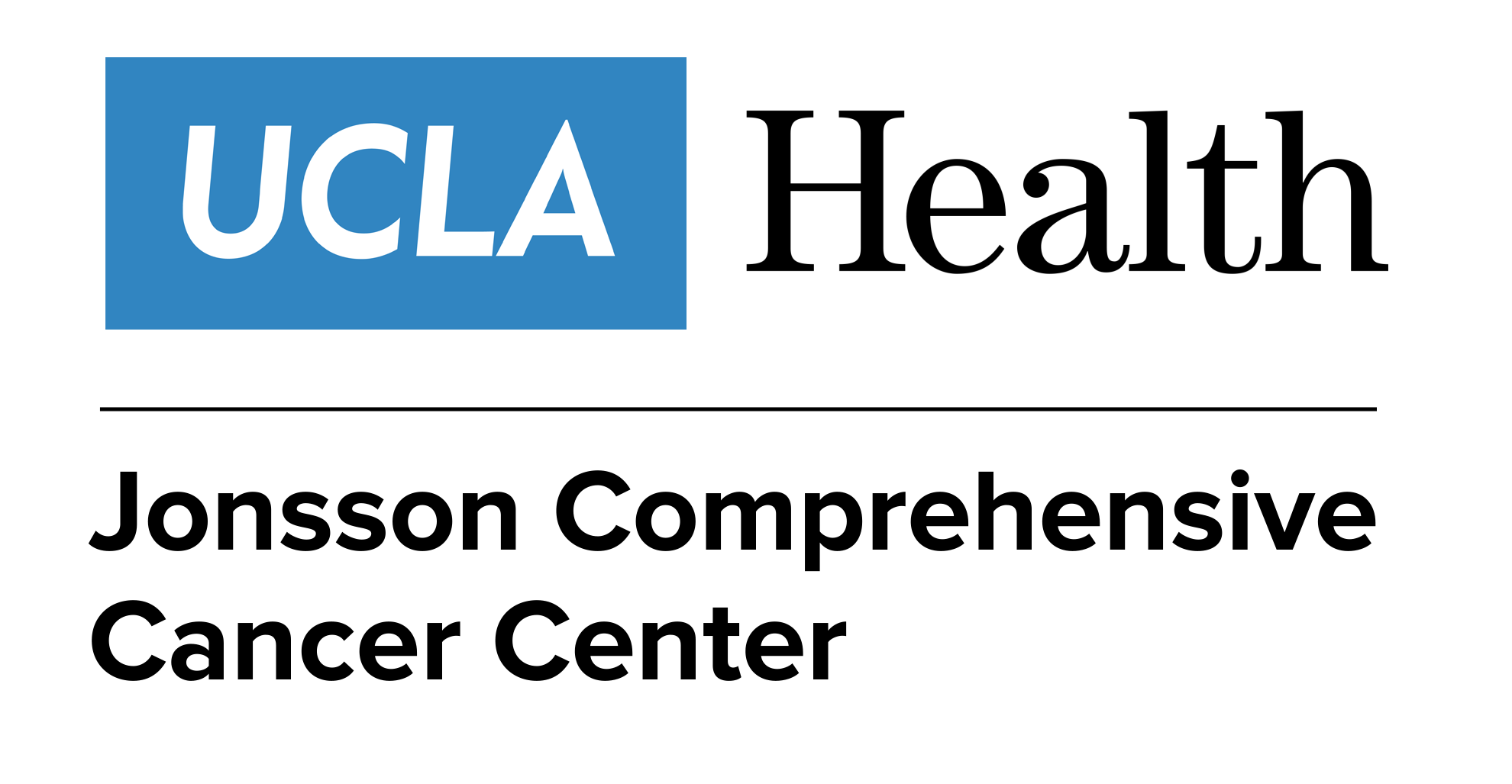- Advertise
- About OncLive
- Editorial Board
- MJH Life Sciences brands
- Contact Us
- Privacy
- Terms & Conditions
- Do Not Sell My Information
2 Clarke Drive
Suite 100
Cranbury, NJ 08512
© 2025 MJH Life Sciences™ and OncLive - Clinical Oncology News, Cancer Expert Insights. All rights reserved.
Dr. Hurvitz on Toxicity Associated With Neratinib in HER2+ Breast Cancer
Sara A. Hurvitz, MD, director of the Breast Oncology Program, medical director of the Clinical Research Unit, University of California, Los Angeles Jonsson Comprehensive Cancer Center, discusses toxicity associated with neratinib in the treatment of patients with HER2-positive breast cancer.
Sara A. Hurvitz, MD, director of the Breast Oncology Program, medical director of the Clinical Research Unit, University of California, Los Angeles (UCLA) Jonsson Comprehensive Cancer Center, discusses toxicity associated with neratinib (Nerlynx) in the treatment of patients with HER2-positive breast cancer.
Specifically, diarrhea is a concern in patients treated with this oral TKI, says Hurvitz. In the ExteNET study, the trial which evaluated the use of neratinib after trastuzumab (Herceptin)-based adjuvant therapy in patients with HER2-positive disease who were healthier in general, about 40% of patients developed grade 3 diarrhea. Hurvitz notes that grade 3 diarrhea is particularly crippling—this translates to about 7 bowel movements over a normal number on a given day. Incontinence, IV fluid hydration, and hospitalization should be considered when patients demonstrate signs of severe diarrhea, she adds.
With that being said, clinicians appear to be getting better at managing this toxicity. As long as patients are educated, and upfront loperamide is used for all patients when they initiate neratinib therapy with very close clinical follow-up, this toxicity can be managed.
Furthermore, investigators at UCLA participated in the phase II CONTROL trial which focused solely on the management of neratinib-associated diarrhea. In that study, investigators utilized combinations of loperamide (Imodium) and budesonide or colestipol. With the help of these agents, grade 3 diarrhea rates were reduced to about 10%, Hurvitz says.


